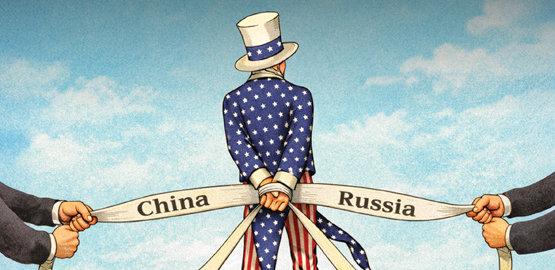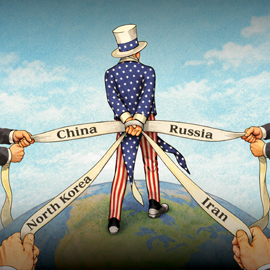As the Obama administration executes its strategic “pivot” to the Western Pacific in the face of China’s military buildup, it is rediscovering the importance of a long-standing ally in the region.
For almost three decades, CSBA has been a reliable source of independent, path-breaking research focused on the future of defense.


The heart of CSBA is our staff of uniquely qualified defense experts who conduct in-depth strategic and budgetary analyses.
- Home
- Research
- Publications
- Briefs
- The Geostrategic Return of the Philippines
Related News
How to defend Panatag Shoal
In April 2012, when the past regime lost Panatag Shoal, the Washington security think-tank Center for Strategic and Budgetary Assessments (CSBA) urged: “The United States needs to help the Philippines develop its own set of ‘anti-access/area denial’ capabilities to counter China’s growing power projection capabilities.”
Change Is Coming to the US Alliance
In its 2012 study, “The Geostrategic Return of the Philippines,” the CSBA recommended marine surveillance planes to watch the seas, anti-ship coastal defenses to deter intruders, and aerial defense systems to defend the anti-ship missiles.
US Buildup in Philippines Raises Stakes in Region
Jan van Tol, a senior fellow at another Washington think tank, the Center for Strategic and Budgetary Assessments, said that operating from bases on Palawan would put U.S. forces close to the disputed Spratly Islands, where China has been reclaiming land and building airfields and other facilities. “More visits to the Philippines means more ships in the South China Sea,” he said in a telephone interview Tuesday.























